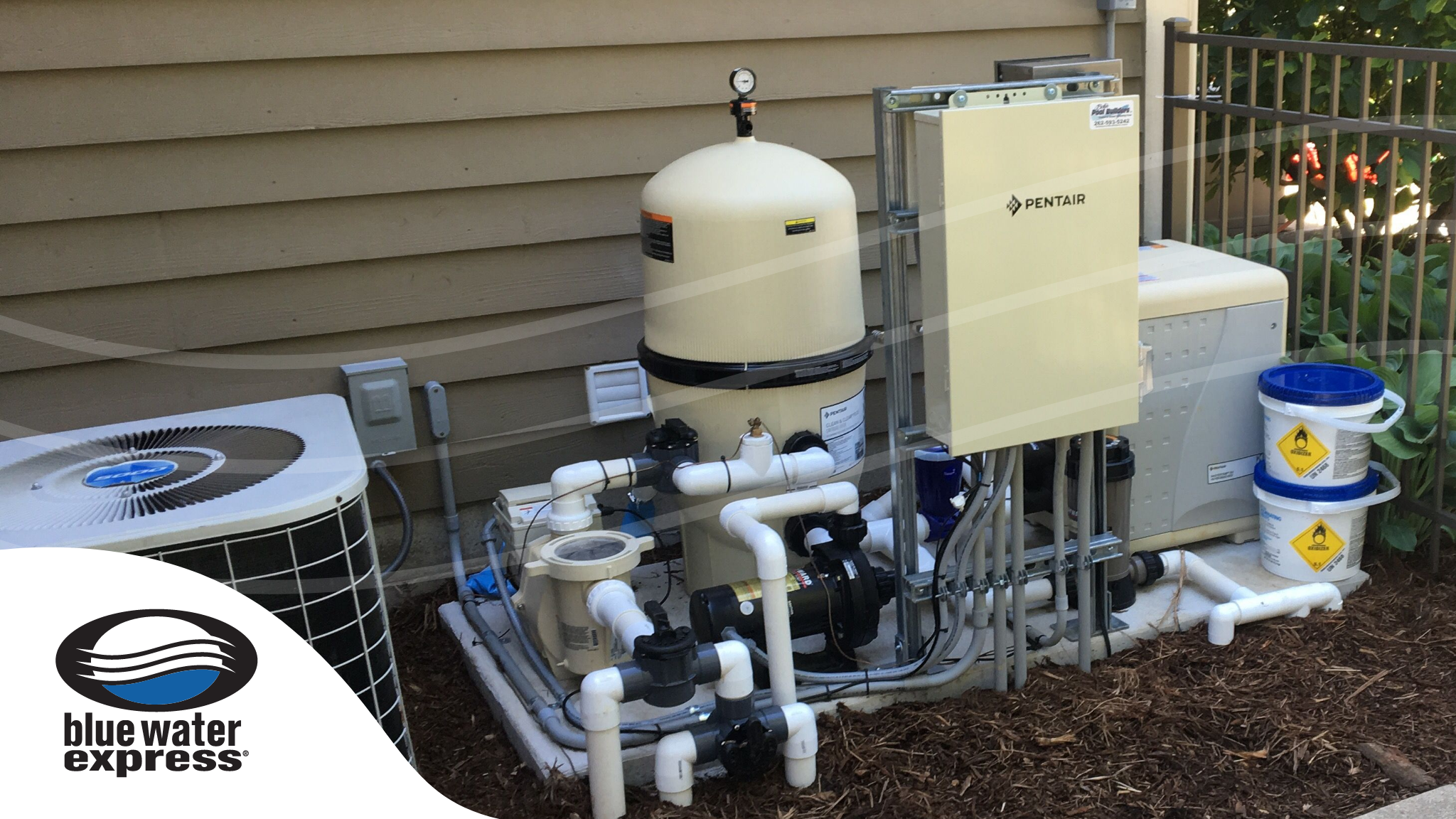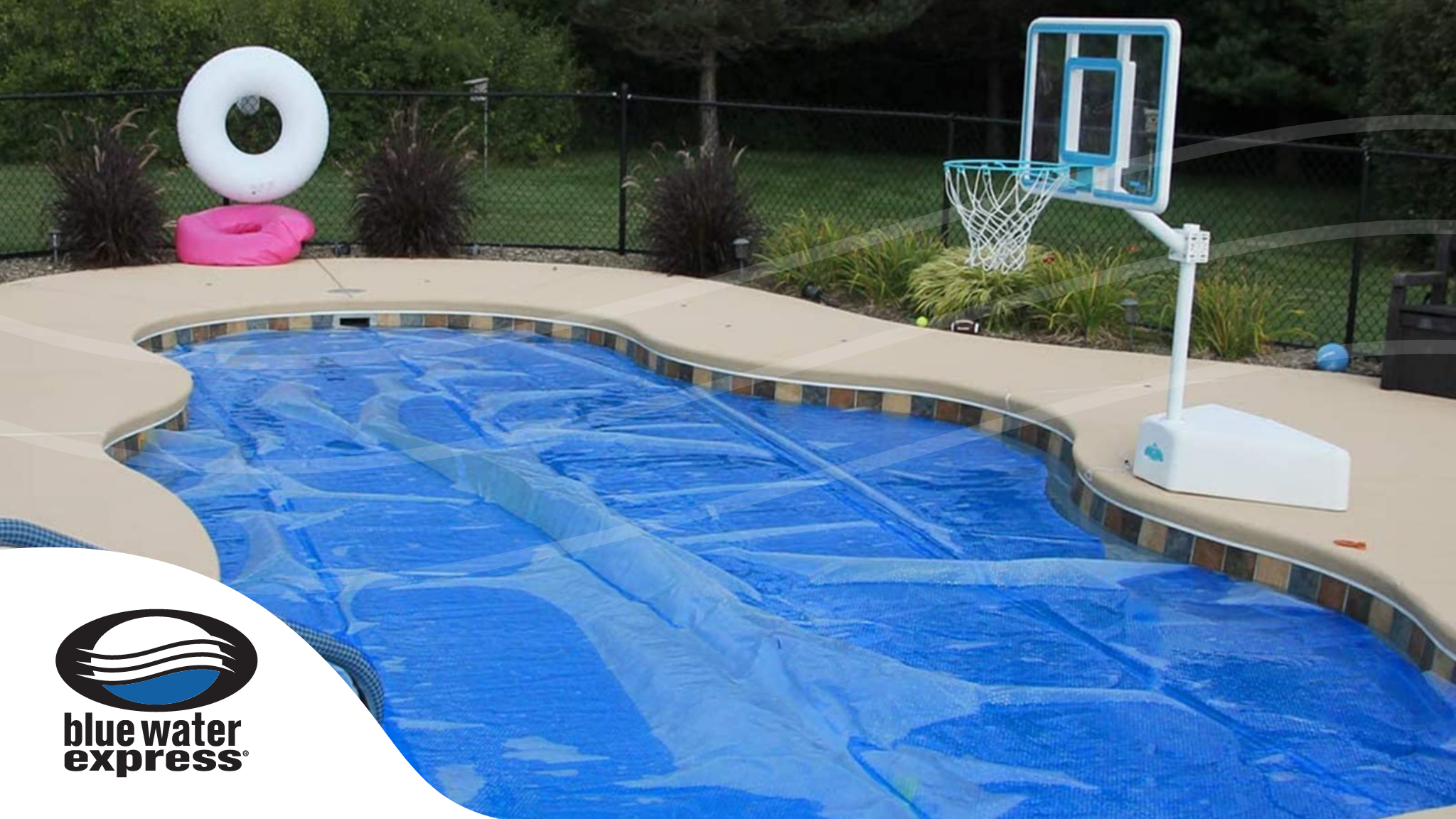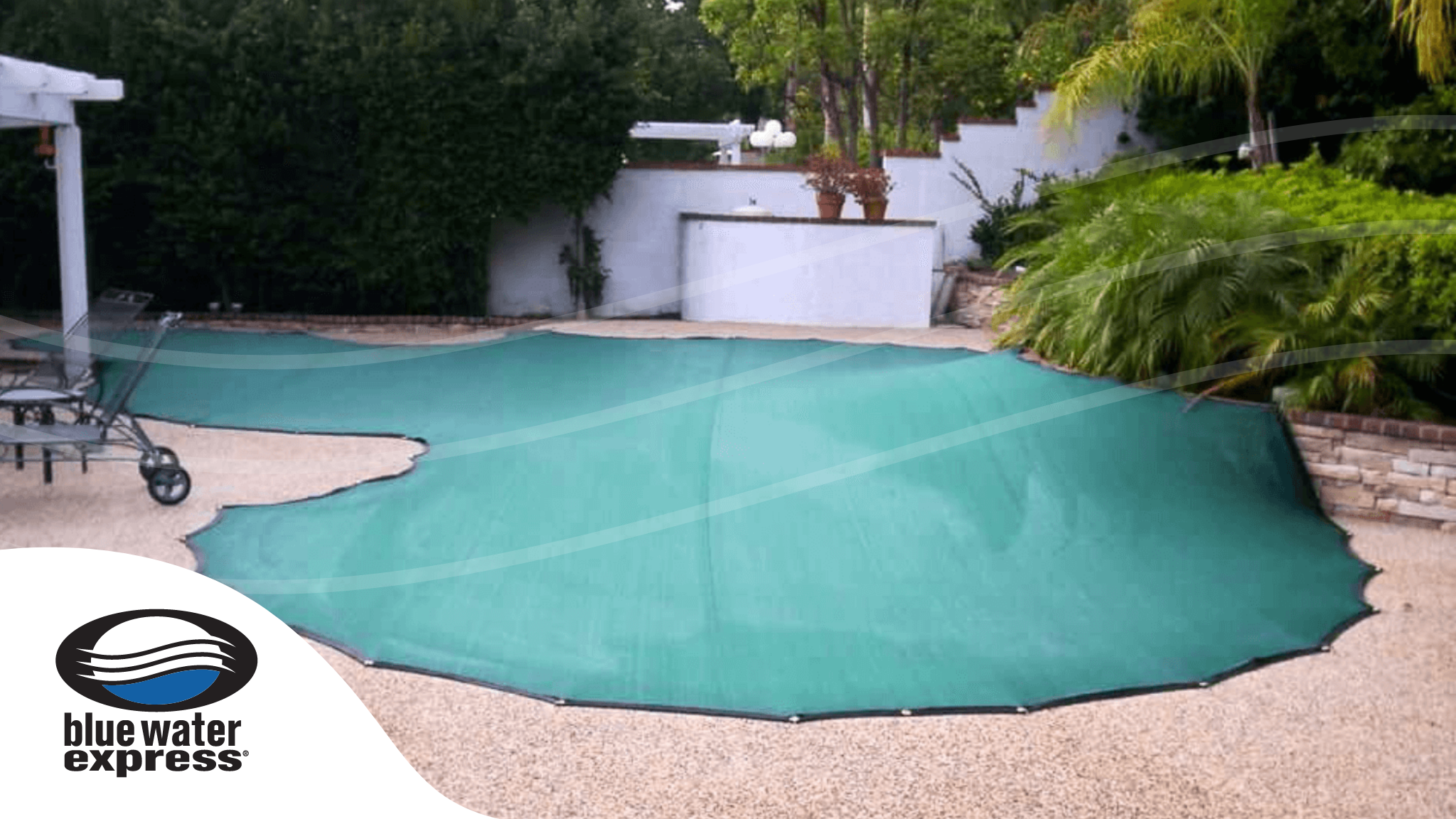As the scorching Texas summer continues in DFW, it’s crucial to ensure that your pool water remains crystal clear and safe for swimming. The combination of intense heat and increased pool usage can pose challenges in maintaining proper water circulation and chlorine levels, which is why you need to know the best time to run your pool pump.
Below, we dive into some of our expert tips to help you keep your pool water pristine and inviting.
The Effects of Heat on Chlorine Dissipation
As temperatures soar, chlorine dissipates more rapidly, necessitating increased chlorine production in your pool. This is especially important for pools equipped with saltwater chlorination systems. By increasing the chlorine production during hot summer months, you can ensure optimal sanitization and prevent algae growth.
Calculating Pool Pump Run Time
Determining the appropriate pool pump run time is essential to maintain efficient circulation and filtration. Follow these steps to calculate the ideal duration for your pool pump:
- Determine Pool Capacity: Measure your pool’s volume (in gallons) to establish the total water capacity.
- Consider Pool Turnover Rate: The pool turnover rate is the time required to circulate the entire pool water volume through the filtration system. The standard recommendation is to aim for a complete turnover every 6 to 8 hours.
- Calculate Required Flow Rate: Divide the pool volume by the turnover time to determine the necessary flow rate.
- Adjust Pool Pump Run Time: Depending on your pool’s specific needs, you may need to adjust the pool pump run time slightly and know the best time to run your pool pump. In exceptionally hot weather, we recommend you increase the run time to ensure sufficient water circulation. For pools with single-speed pumps during the swim season: Run the circulation system one hour for every 10°F. For example, in this Texas heat, if the temperature is 100°F, the pump should run 10 hours a day minimum.
Determining the Ideal Pump Running Schedule in Summer
To optimize pool water circulation during the summer months, we recommend implementing the following guidelines:
- Run the Pump During Peak Sunlight Hours: Schedule your pool pump to run during the hottest parts of the day, typically from 10 am to 4 pm. This ensures maximum water circulation when evaporation rates are higher, and the risk of chlorine dissipation is greater.
- Divide Pool Pump Run Time: If running the pump continuously for the entire recommended duration is not feasible, split the run time into two sessions. For example, run the pump for five hours in the morning and five hours in the late afternoon.
- Monitor Water Temperature: Consider installing a pool water temperature sensor to monitor temperature fluctuations. This will allow you to make adjustments to the pump run time or speed if necessary.
Additional Tips for Efficient Pool Circulation
In addition to adjusting pool running times, consider incorporating these practices to ensure optimal water circulation and maintenance:
- Regularly Clean Pool Filters: Clean or backwash your pool filters according to the manufacturer’s instructions to maintain their efficiency and prevent clogging. We recommend professional filter cleanings three times per year, but actions should be taken to ensure your filter is functioning properly every month:
- DE filters need to be cleared out by completing a backwash every month and cleaned at least every four months.
- Sand filters need to be cleared out by completing a backwash every month, and their media need to be replaced every 5-10 years.
- Cartridge filters need to be cleaned at least every four months.
- Skim and Brush the Pool: Remove leaves, debris, and algae from the pool’s surface using a skimmer net and brush the walls and floor regularly to prevent buildup.
- Maintain Proper Water Chemistry: Test your pool water regularly to ensure balanced pH, alkalinity, and chlorine levels. Adjust chemicals as needed to maintain a safe and healthy swimming environment.
Need a good pool cleaning service near Dallas? At Blue Water Express, we clean filters throughout the DFW metroplex! If you are new to filter cleaning or don’t have a maintenance schedule already in place, contact our team today.
Keep Your Pool Sparkling in the Texas Summer
As Texas summer brings intense heat and increased pool usage, it’s vital to adapt your pool running times and speeds to optimize water circulation and chlorine levels. By calculating the appropriate pump run time, running the pump during peak sunlight hours, and incorporating efficient maintenance practices, you can ensure your pool remains inviting and enjoyable throughout the summer months.
Remember to monitor water temperature and adjust as necessary to maintain optimal pool conditions. If you need professional assistance or have any questions, Blue Water Express is here to help. Contact us today for our expert pool cleaning and maintenance services in DFW.


